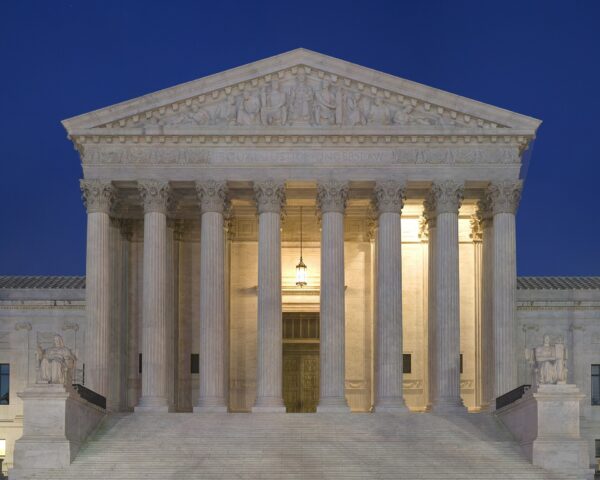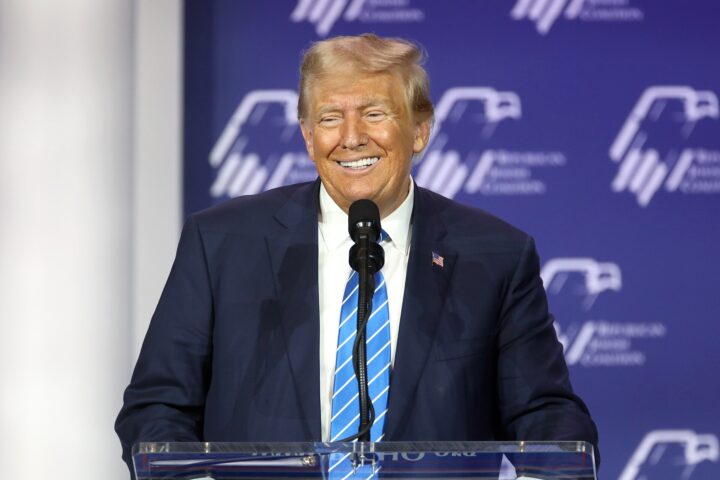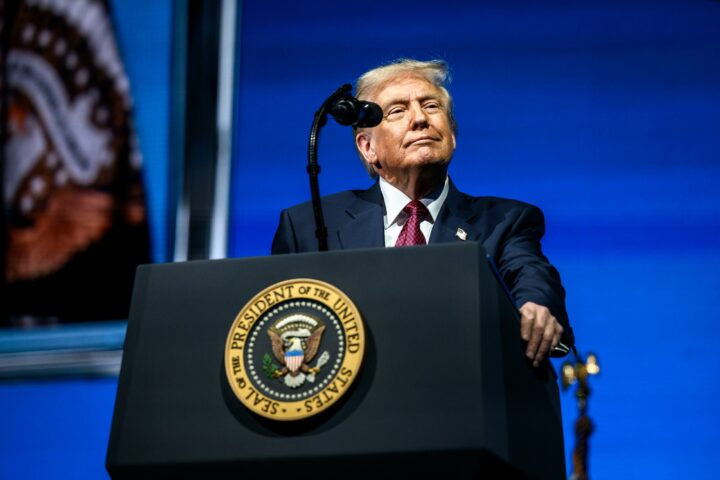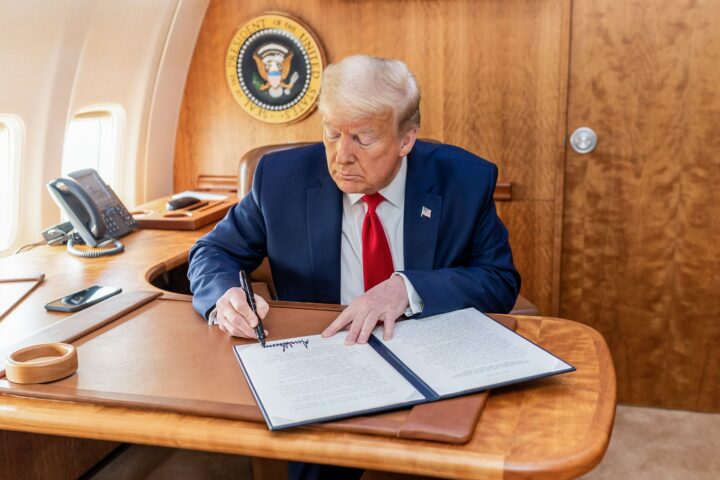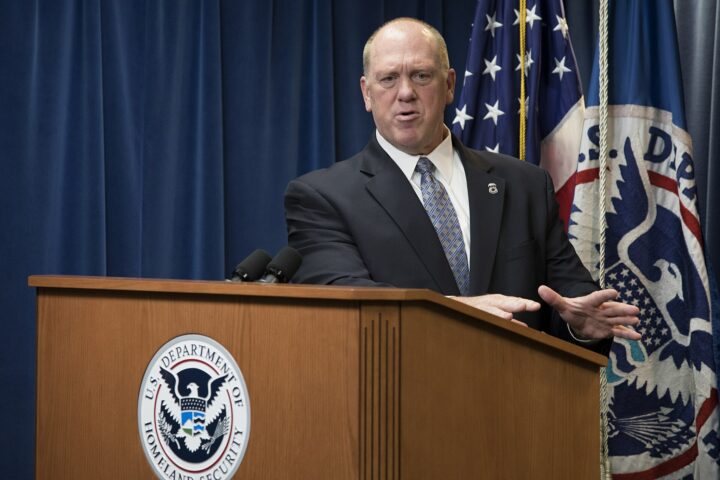As President-elect Donald Trump prepares to assume office in January 2025, his incoming Justice Department is expected to shift legal stances on several key Supreme Court cases. These changes could significantly impact major cases in front of the court this term, reflecting broader ideological shifts between administrations, writes The Washington Examiner.
One of the most closely watched cases is United States v. Skrmetti, which addresses Tennessee’s ban on gender-affirming care for minors. The Biden administration argued that the law was discriminatory and unconstitutional. However, Trump’s Justice Department will likely support Tennessee’s authority to enforce the ban. Legal experts believe this ruling could set a precedent for similar laws in other states.
In Garland v. VanDerStok, the Supreme Court will decide whether “ghost gun” kits, which allow individuals to assemble untraceable firearms, should be classified as firearms under federal law. The Biden administration favored strict regulations on these kits, citing public safety concerns. In contrast, Trump’s DOJ is expected to align with gun rights advocates, who argue that such regulations exceed federal authority.
Environmental regulations are also under scrutiny in Diamond Alternative Energy v. EPA, which questions California’s authority to enforce strict vehicle emissions standards. Biden reinstated California’s waiver to set these standards, but Trump’s previous administration revoked it in 2019. His incoming DOJ may again prioritize national uniformity in fuel regulations and favor fossil fuel interests over state-level environmental policies.
Abortion access and immigration policy are also likely to face significant legal challenges under a potential Trump administration. Conservative states are pushing back against the federal government’s authority to regulate abortion medication, while the Biden administration has defended its position. Trump’s stance on abortion has been inconsistent, with past remarks suggesting he may prefer leaving such decisions to individual states rather than enforcing a nationwide ban.
Immigration policy also hangs in the balance, with programs protecting undocumented young immigrants facing legal jeopardy. While Trump previously sought to end protections for these individuals, he has more recently expressed openness to a legislative solution to safeguard their status.
Despite shifting political priorities, the outcomes of these legal battles will ultimately depend on how the Supreme Court interprets existing laws. Trump’s anticipated legal team, led by figures aligned with his administration’s priorities, will play a crucial role in shaping arguments before the court.
[Read More:

